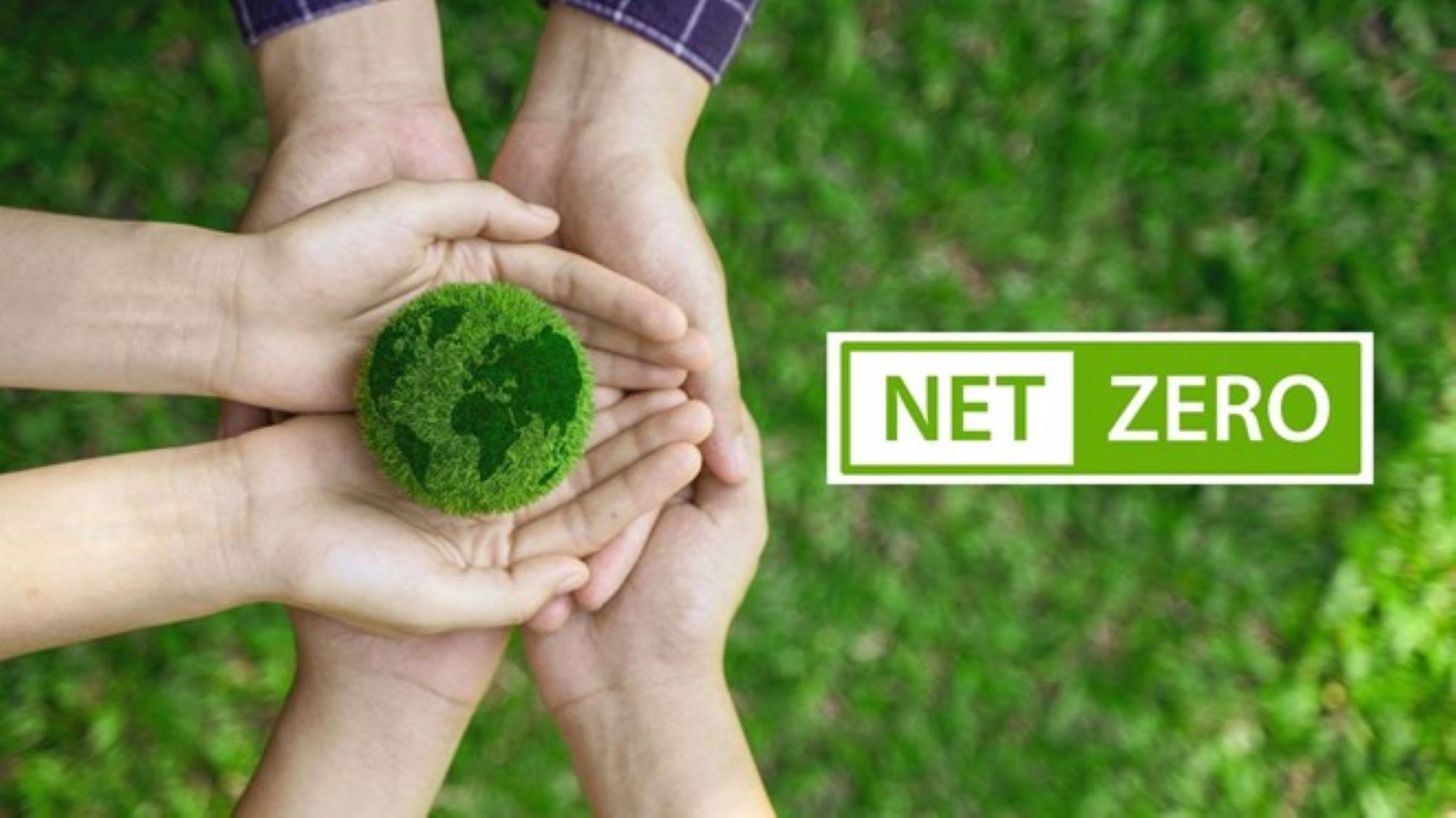Quickly join the green transition or be eliminated
Green transformation is no longer a trend but an urgent requirement towards a sustainable Vietnam.
At the COP26 Conference, the Vietnamese Government affirmed its strong commitment to achieving net emissions of 0 by 2050. This goal continues to be affirmed at COP27, COP28 and COP29, demonstrating Vietnam's consistent viewpoint and determination to develop greenly and sustainably.
Assessing the biggest challenges for sustainable development in 2025 of Vietnam, Mr. Phan Ba Duc, Green Transformation Consultant FPT Digital, FPT Corporation - said that the main ones are technology infrastructure and financial pressure. In the context of many fluctuations in the global economy, some countries are having to adjust their climate commitments due to concerns about costs and impacts on economic growth.
First, technology and energy infrastructure. Vietnam has great potential for renewable energy but there are still many barriers to integrating into the national grid, especially the technology of electricity storage that has not been developed synchronously. Optimizing supply and ensuring energy security is still a difficult problem.
Second, mobilize green capital. To implement large-scale projects on clean energy, green transportation and sustainable industry, Vietnam needs to increase attraction of financial resources from international organizations and the public-private partnership (PPP) model.
Despite facing many challenges, Vietnam is also facing great opportunities thanks to the global green investment trend. This is the time for businesses, financial institutions and governments to coordinate closely to build a sustainable development model, in which the role of strategic consulting firms such as FPT Digital is an important bridge between policies and implementation in practice - Mr. Duc analyzed.

Enterprises need more support policies
Currently, major international markets such as the European Union, the US, and Japan have been applying mechanisms such as "border carbon tax" (CBAM), ecological labels, and environmental standards. If Vietnamese enterprises do not quickly catch up and convert, they will be eliminated from the global playground.
Faced with the strict requirements of the export market, many businesses have taken green business as a strategy and competitive advantage. Many leading corporations and enterprises are promoting green transformation to respond to climate change and develop a low-carbon economy, towards the Net Zero goal.
In an interview with Lao Dong, Associate Professor, Dr. Nguyen Dinh Tho - Deputy Director of the Institute of Strategy and Policy on Agriculture and Environment (Ministry of Agriculture and Environment) assessed that the participation of Vietnamese enterprises in green transformation has had many positive changes. However, this change is mainly happening in the large enterprise sector, enterprises with foreign investment capital. The implementation of green growth and sustainable development goals for domestic enterprises; especially small and medium enterprises is facing many difficulties" - Associate Professor, Dr. Nguyen Dinh Tho informed.
"Realizing the difficulties of businesses, over the past time, the Government has always accompanied and supported businesses in green transformation. The Government has issued instructions and policies to synchronously implement solutions to promote the effective implementation of sustainable development goals in all fields. In particular, continuing to support businesses in implementing sustainable development solutions" - Associate Professor. Dr. Nguyen Dinh Tho said.
On the side of exporting enterprises, Mr. Trinh Duc Kien - Deputy Director of Ke Go Company Limited assessed that currently, requirements related to meeting green and sustainable standards are becoming a mandatory requirement in a variety of industries and in many different markets, especially demanding markets such as the EU, North America, East Asia and Australia.
For Ke Go Company Limited, a wood product manufacturing and exporting unit, customers are having green and sustainable requirements not only in the final product but also in the entire product journey chain. Regarding raw materials, businesses using wood materials must have an FSC/PEFC sustainability forest management certificate; prove the use of materials that do not cause deforestation or loss of forest (for the EU, it is the current EUTR regulation and EUDT in the coming time). Regarding production, there are requirements for green production, not harmful to the environment. For example, the EU's CBAM carbon adjustment mechanism requires declaration of greenhouse gas emissions per product unit..." - Mr. Trinh Duc Kien assessed.
According to Mr. Trinh Duc Kien, environmentally friendly product manufacturing enterprises are having difficulty in consuming products, because in Vietnam there are no specific regulations and roadmaps on limiting/banishing the use of products that pollute the environment (such as disposable eating utensils, plastic bags, plastic cups, etc.).
He proposed that the Government provide a specific roadmap and timeline for the application of these regulations, instead of just calling for voluntary awareness. Providing priorities in public procurement for goods and services of enterprises that have made certain investments in green transformation that have been certified and certified. Review and unify regulations on state management of the origin of wood and forest products; facilitate wood industry enterprises to prove the origin of their raw materials.












